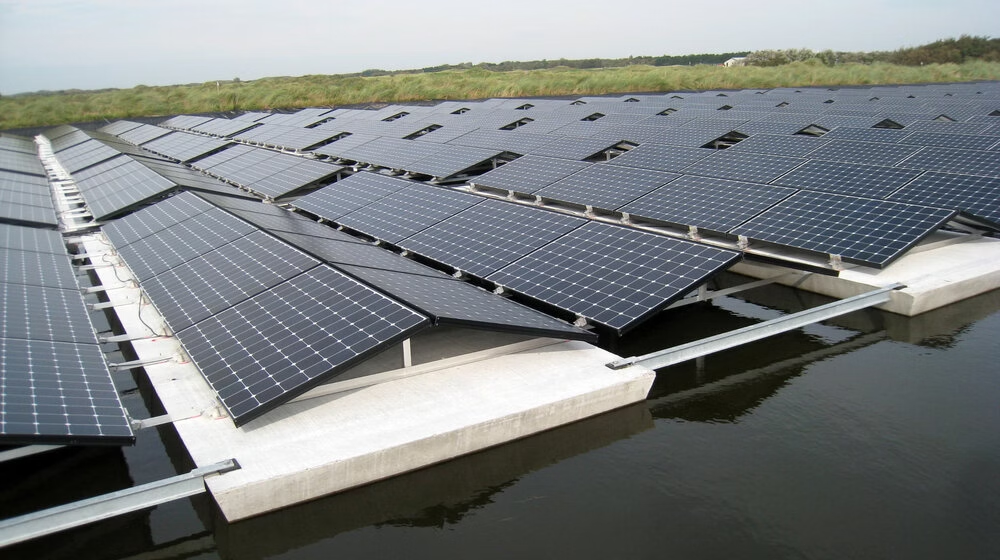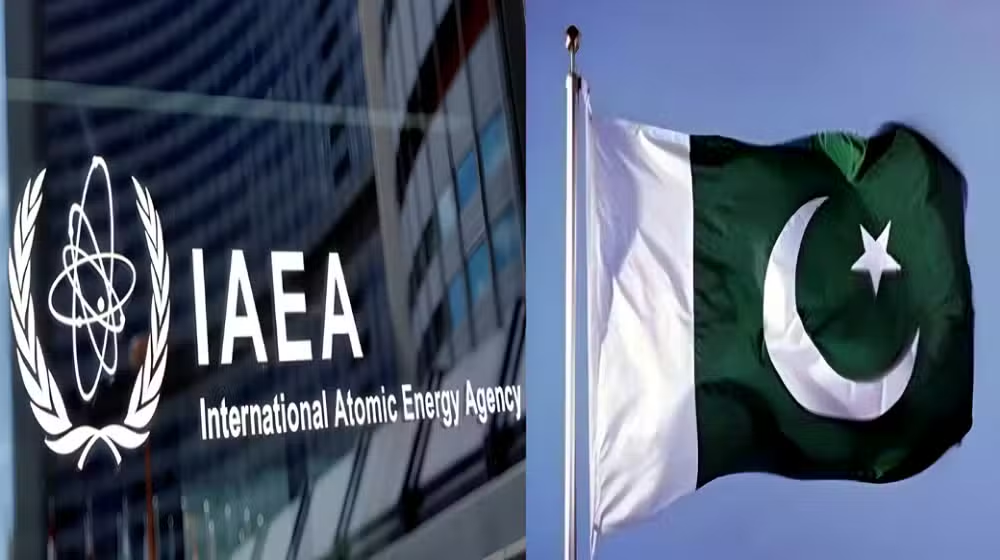WAPDA chairman and World Bank’s country director discuss financial matters and progress on key energy projects.
ISLAMABAD: Chairman WAPDA Lt Gen Muhammad Saeed (Retd) was called on by the World Bank’s Country Director for Pakistan, Ms. Bolormaa Amgabbazar, to review the financial matters of the Dasu and Tarbela 5th Extension hydropower projects.
During the meeting, the Chairman appreciated the World Bank for its role as a key development partner in harnessing Pakistan’s vital hydel electricity resources, according to a press release.
Highlighting the importance of the Dasu and Tarbela 5th Extension hydropower projects for Pakistan’s energy security, he emphasized that both projects would help ensure affordable and clean electricity for the country’s socio-economic development.
The Chairman also expressed that the Institutional Assessment and Reforms Consultancy Services (IARC) would further strengthen WAPDA’s institutional capacity and efficiency, transforming it into a more robust organization aligned with international best practices.
The Country Director reaffirmed the World Bank’s commitment to providing continued financial support for WAPDA’s hydropower portfolio. She acknowledged WAPDA’s efforts in advancing the shared vision of promoting clean, green, and sustainable energy development in Pakistan.
It is important to note that the World Bank is providing financial support worth US$ 1.517 billion for Stage-I of the Dasu Hydropower Project and US$ 390 million for the Tarbela 5th Extension Hydropower Project. In addition, the World Bank is funding the IARC for WAPDA.
The 4,320 MW Dasu Hydropower Project is being constructed across the River Indus in Upper Kohistan district of Khyber Pakhtunkhwa. Currently, WAPDA is constructing Stage-I of the project, which will generate 2,160 MW of electricity. Meanwhile, the Tarbela 5th Extension Hydropower Project is being built on Tunnel No. 5 of the Tarbela Dam, with an installed generation capacity of 1,530 MW.







